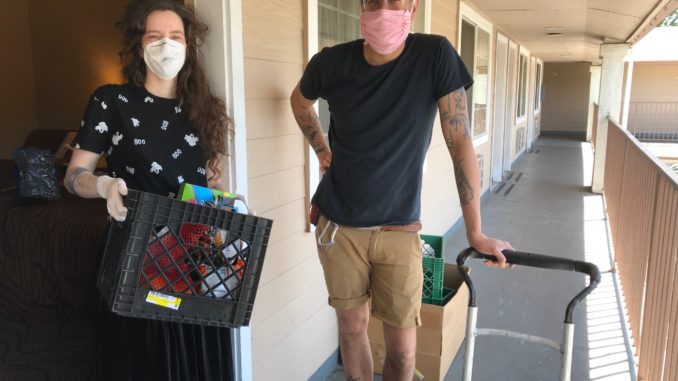
After decades of self-described “rough living,” including spending the last two years on the streets, Nathaniel Edwards is no stranger to hardship. But in mid-March, as fear of the coronavirus rose in the North State, his day-to-day struggle to subsist turned into a potential life-or-death situation.
Edwards, who suffers from severe rheumatoid arthritis, came down with a bad cough and other respiratory issues. During a visit to Enloe Medical Center before coronavirus testing was widely available, medical personnel told him he was at very high risk of having or contracting the virus. He said the sober living program he’d been staying at refused to readmit him because of his symptoms, leaving him with nowhere to shelter in place.
“I was lost and I had nothing, no money, no place to go,” he said. “I was so sick I thought I was going to die walking back to the hospital.”
During a second hospital visit, staff encouraged him to use 211 Butte County/Help Central, a help line that connects people with needed services. Soon, a shuttle arrived to transport him to a downtown motel room. He has remained there since courtesy of Project Roomkey, a state-initiated effort to stop the spread of the virus among California’s homeless population by temporarily placing them in motel rooms and providing wrap-around services.
However, Edwards and the approximately 200 others currently housed through the program could potentially be turned back out on the streets next week if federal funding is not renewed through the month of June. Service providers and homeless advocates say the project has been key in protecting a vulnerable segment of the population in Butte County—where overall cases have spiked in recent weeks—and allowed participants to make a great deal of progress, with some moving to permanent housing.
A collaborative effort
Though initiated by Gov. Gavin Newsom, Project Roomkey is implemented at the county level. In Butte County, the Department of Employment and Social Services oversees the program with the Public Health Department supplying direction.
Butte County Housing and Homeless Administrator Don Taylor said the county’s main duties include securing and distributing state grant funds and finding hotel owners willing to participate. He said the program has been a boon for those in the lodging industry, as their facilities might otherwise have remained empty with travel limited by COVID-19.
“The revenue is definitely a factor for some of the motels, but a lot are involved because it’s also just the right thing to do,” Taylor said.
Taylor said delivery of services in Chico was left largely to True North Housing Alliance, the parent organization of the Torres Community Shelter, which partnered immediately with Safe Space Winter Shelter. The nonprofits have built a coalition of other service agencies that are also assisting. The Jesus Center provides daily meals, for example, and the Chico Housing Action Team has helped furnish residences for those who’ve moved on to their own housing.
Tuesday morning (May 26), True North Housing Alliance announced via press release that 147 have been placed in motel rooms in Chico to date, and 19 have transitioned into permanent housing. The Oroville Rescue Mission is heading up efforts to the south, and countywide the project has served more than 200 people.
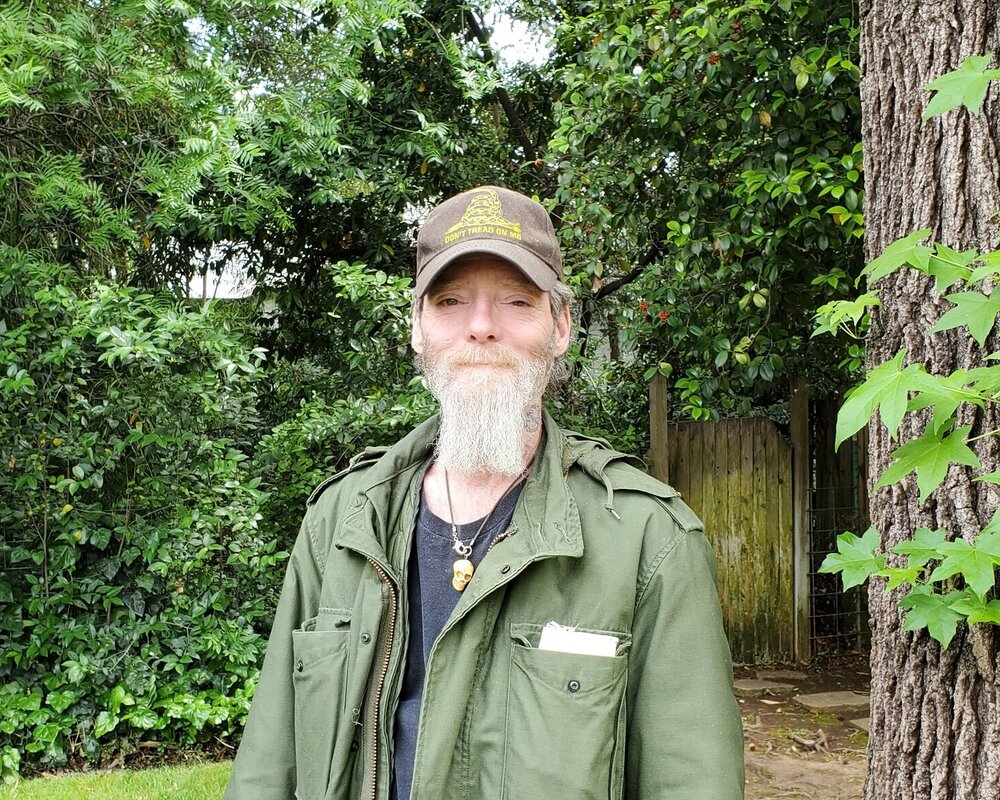
Newsom initially allocated $50 million to secure motel rooms for the project, as well as $100 million to provide services to program recipients. Butte County has so far received a total of $773,000 to set up and operate the program.
The bulk of the funding has come from the Federal Emergency Management Agency (FEMA), which agreed to contribute 75 percent of the program’s costs in April before extending it through May 31. However, it is unclear whether those federal funds will be renewed in June, meaning the program could potentially come to an abrupt end this week.
“That’s a very real possibility,” Taylor said. He said the county has tentatively been awarded an additional $613,000 Coronavirus Emergency Relief Grant with some of the funding earmarked for Project Roomkey, but the ultimate status of those funds and when they might be delivered is also uncertain. If that money doesn’t come through and the FEMA funding is discontinued, he said the county could potentially opt to keep funding the program on its own. “Any extension of Project Roomkey past the FEMA-approved time will be made by the Care and Shelter section of the county’s Emergency Operations Center,” he added.
“From the beginning we’ve made it clear to all of our service providers that this is an opportunity to do a lot of good while we can, but for a very limited time. There’s a lot of trepidation right now about what might happen, but there’s also been an awareness that this funding is temporary,” Taylor said.
Butte County has had better results than many other counties that implemented Project Roomkey. According to a recent (May 19) article in the Los Angeles Times, only half of the roughly 15,000 rooms secured via the program statewide had been used, and several counties lacked staff or infrastructure to deliver services such as food preparation, oversight of locations and case management.
Taylor said Butte County has avoided making some mistakes that have occurred elsewhere, such as securing whole blocks of rooms. Instead, the county booked them as needed. He also credited the collaborative effort of the local nonprofits involved.
“I sit on the National Association of Counties Board of Directors [NACo] and I’ll have to say that many counties—there are more than 3,000 in the country—have looked to California’s innovative programs like Project Roomkey,” said Butte County Supervisor Debra Lucero. “It’s an innovative way to get the vulnerable unhoused population off the streets and help ease the economic squeeze felt by hotels and motels. I think it’s a win/win situation in a very difficult circumstance.
“We need to rethink a lot of what government does as this pandemic has illustrated,” Lucero continued. “It has shown us the gaps in safety nets for vulnerable populations. Our state has really lead in the battle against the effects of COVID-19. We have 15 percent of the nation’s population and yet only 4 percent of the cases. That’s saying something.”
Essential service, evolving objectives
Siana Sonoquie, Safe Space board member and part of Project Roomkey’s shelter operation team, explained that participants must meet medical criteria, meaning the program addresses the needs of the most vulnerable among an already compromised population.
“These are people with cancer, heart disease, lung disease and other serious illnesses, and many suffer from more than one condition,” she said, noting that three program participants have passed away of pre-existing conditions not related to COVID-19 in the last two months. “Many are in their 70s. These are people that should not be living outdoors at all, and shouldn’t even be outside during a health crisis.
“When the virus broke out, other service agencies started limiting services,” Sonoquie said. “Stores and other businesses closed, so people had even less places than usual to use the bathroom or get water.”
In addition to taking people directly from the streets, one of Project Roomkey’s objectives is to keep existing facilities like the Torres Community Shelter safe by reducing the number of guests, thus enabling proper social distancing and giving them extra space to isolate the most at-risk guests.
Once in a motel room, participants are assigned caseworkers who help connect them with needed medical and social services. Support staff are present at the motels around the clock, and remain available to supply guests with anything they might need to allow them to shelter in place. Meals, snacks, medical supplies and other necessities are delivered directly to their door.
While Project Roomkey’s main objective is to protect people from the coronavirus, providers say that the program has yielded other positive results.
“Project Roomkey has provided True North Housing Alliance and Safe Space Winter Shelter the opportunity to stabilize and identify individuals who are ready for housing,” Matt Reed, interim executive director of True North, said via press release. “We have been able to take people from the shelter or the street, allow them time to utilize case management and develop a plan of action, and finally bring them home,” Reed said.
“It’s been amazing to see what happens when you give people their own space, with a door and a shower and a bed,” Safe Space’s Sonoquie said. “Even with the winter shelter, we have to make everyone leave in the morning, but having people be able to stay full-time has made a world of difference.”
“Living on the streets, nobody had their immediate needs met,” said Lauren Kohler, a case manager for the program. “Our initial focus was getting them medication, getting them medical help, getting them fed and feeling safe. Once we were able to address those needs, people have been able to move out of survival mode and our focus shifted to helping them with more complicated goals, like getting IDs and Social Security cards, looking for housing, and filling out forms to connect with services.”
With the possibility of money for the program running out, Kohler said that the case workers’ focus has again shifted, this time to finding people a place to go if the program ends.
“It’s really stressful not knowing if the funding will be extended,” Kohler said. “People have made so much progress and we’ve built so much trust. I’ve seen so many positive things her, by far the most negative part is telling people that I don’t know what’s going to happen.”
Joy Amaro, homeless solutions coordinator for the city of Chico, said that Project Roomkey has already had an indelible positive effect on local efforts to address homelessness, whether it continues or not.
“Even after the funding stops, Project Roomkey has strengthened the whole continuum of care,” said Amaro, former executive director of True North Housing Alliance. “For one thing, they’ve been able to connect with people that traditionally may not seek out the Torres Shelter or other services. Now that contact has been made, they’re more likely to continue to seek help and eventually get off the street.”
During last week’s special Chico City Council meeting, Amaro announced plans for a soon-to-be-proposed temporary shelter at the former Employment Development Department at 2445 Carmichael Drive. She said she’s been involved in seeking funding for and working with local service providers for the space that could house 169 guests under the state’s current physical-distancing guidelines. The details for the new shelter are still in the works, but its operation would continue the collaborative model used with Project Roomkey in Chico.
“The level of cooperation has been amazing, and by working together these service providers have managed to create something new and extremely effective,” she said. “That kind of collaboration and outside-the-box thinking is what’s needed to really develop solutions to homelessness.”

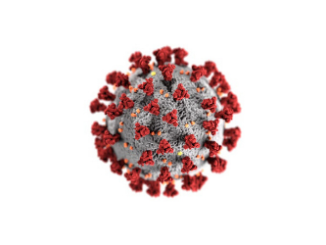
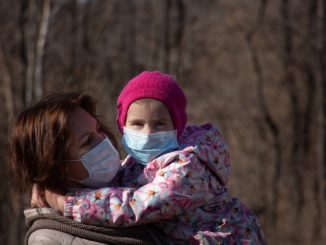
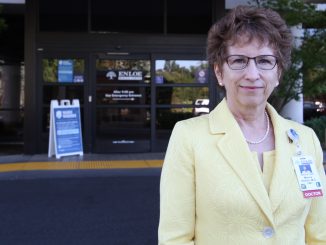
Be the first to comment